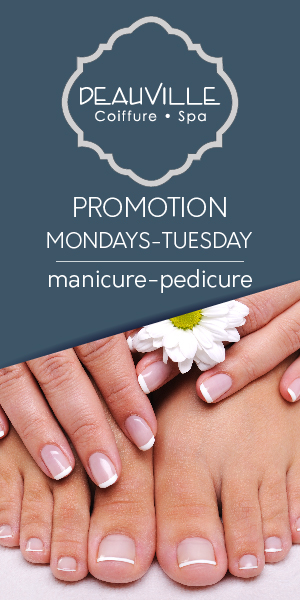The legal requirements for hair salons and barbershops vary according to various states in the US, although most barbers have similar requirements in terms of cleanliness and hygienic conditions. Under the general state regulations: Hair salons and barbershops can only serve clients by appointment only and the waiting room must be closed; customers and employees should wear appropriate face coversings and proper storage or disposal after usage, no other employees or customers should enter the salon except those authorized.

In addition to the general requirements, hair stylists working in barber shops need to have specialized licenses from the state licensing authority. These licenses are valid for a particular period of time as long as the salon remains open and the customers continue to buy their products. However, all licenses to be obtained in California need to be renewed every six months on average.
A barber shop must also have a license from the Department of Health (DOH) or the local government to operate a salon, which may be a part of a business that requires permits to run. The owner of a barber shop must also maintain a separate health facility certificate and insurance. He may also have to have a separate license to run a salon, but must be licensed by the Department of Public Health and have a separate insurance.
However, in a different state, a specific license may be required to operate a barbershop, which may be different from the requirements of the neighboring state. In that case, the license should be obtained from the appropriate authority in that state. Barbers may also need to acquire a permit or certification if they plan to carry out any of the tasks of a hair stylist. For instance, in some states, a licensed cosmetologist may be the only person who performs electrolysis treatments for individuals who have hair problems, since many states have laws that require hair technicians to be licensed.
Barbers who work in a barbershop can follow a couple of general barber shop regulations in their areas of responsibility. In general, barbers, technicians and assistants will be required to wear uniforms, which are designed for this purpose. However, barbers also need to consider whether to provide a certain treatment such as waxing, perming, dying and other treatments that may be prohibited by the client’s local code of ethics, because in such cases the client might want a professional, non-uniform hair product.
As far as cleaning and sanitation is concerned, barbers should have clear policies and practices regarding hygiene and must also follow them strictly. This is also applicable to the barber shop’s hygienic conditions, equipment, cleaning materials and cleaning procedures, as well as the conditioner and shampoo they are using on their customers’ hair.



